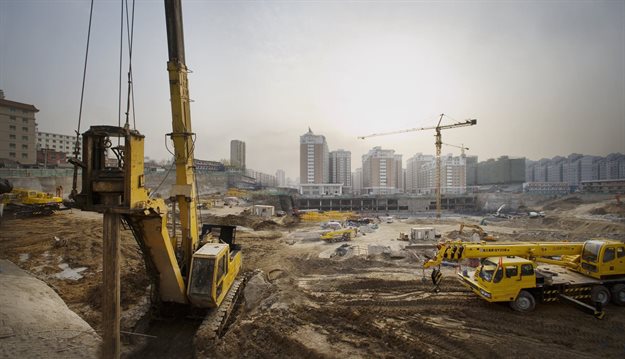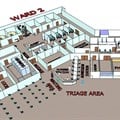
Subscribe & Follow
#AfricaMonth
Jobs
- Intern - Business Services Pretoria
- Engineer - Telecommunications Saudi Arabi
- Cost Control Engineer Dubai
- Repair Foreman Durban
- Health and Safety Officer George
In the news
Construction industry overcoming Covid-19 challenges of being back at work

“Although the return to work was universally welcomed, the speed at which it happened meant many companies had to go into overdrive in order to prepare to reopen and to tackle some challenges as a result of lockdown,” said Allen Bodill, executive director of Master Builders Association for the Western Cape (MBAWC).
“For example, securing the necessary PPE and implementing required safety measures was a challenge, considering the financial losses construction businesses had suffered during lockdown.”
Cost
To comply with government safety regulations, construction companies had to source and provide two cloth masks per employee, bulk hand-sanitiser and handheld thermometers, in addition to many other costly measures, says Bodill.
It was also essential for construction companies to have safety plans in place. This proved to be another hurdle the industry had to overcome, he says: “The legislation around workplace safety was only finally published on 3 June and companies had to scramble to get their plans ready in time. Many had to consult with professional construction industry safety agents to ensure their plans aligned with regulations, which also represented additional costs.”
The MBAWC, therefore, shared a template workplace plan with its members and have been advising them via newsletters to keep them informed of changes in legislation. “Communication was a priority and our health and safety experts have been available telephonically and on site to assist with this,” he said.
UIF/TERS
According to Bodill, the MBAWC has been working with the Western Cape Government’s Red Tape Reduction Unit to speed up the processing of UIF/TERS payments for its members.
“We now have a direct line with senior officials at the department and are working on getting each member’s file sorted out and processed,” he explained. “However, it is crucial that the government keep assisting us in resolving this problem. We believe that once the first months’ submission has gone through successfully, the rest will hopefully follow more smoothly and quickly.”
Overtime
An agreement around overtime was reached between MBAWC, MBA Boland and the trade unions at the BIBC. This concession makes provision for additional hours to be worked without incurring overtime rates and was done to allow companies to claw back some revenue, said Bodill.
“This means that overtime during weekdays, night shifts or work shifts on Saturdays are worked at standard rates, with Sundays attracting the gazetted double-time rate,” he explained. “It is a big concession for the industry, and provides a win-win situation where employers are able to claw back time and cost and workers are able to earn additional income and also recover the daily benefit contributions, that make up their remuneration packages and which were lost during the period of inactivity.”
Bodill has called on authorities to ensure the speedy approval of infrastructure currently in the pipeline.
Force majeure
In order to address the issues around the force majeure clause found in many contracts, which relates to an unforeseen event - such as the Covid-19 lockdown - that has prevented and delayed the due performance of contractual obligations, the MBAWC is hosting a webinar on Wednesday, 10 June, 11am to 1pm, with three legal experts who have donated their time to address the subject.
“We are all in the same storm and this situation has really brought people together, even from different industries. People know others are struggling and give help where they can. Although the construction industry has reopened, we are not out of the woods yet. But, if we work together, we can hopefully get through this and begin to rebuild the industry,” Bodill concluded.













